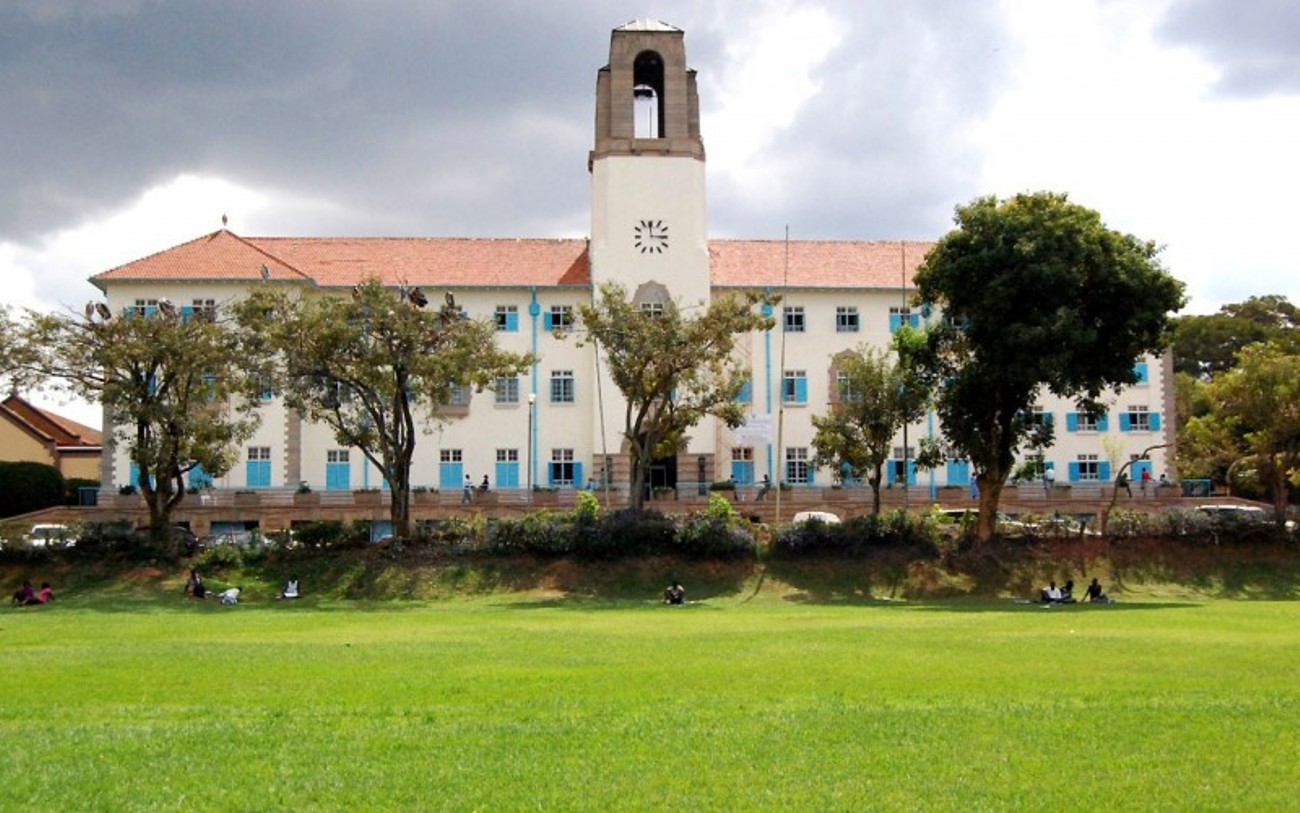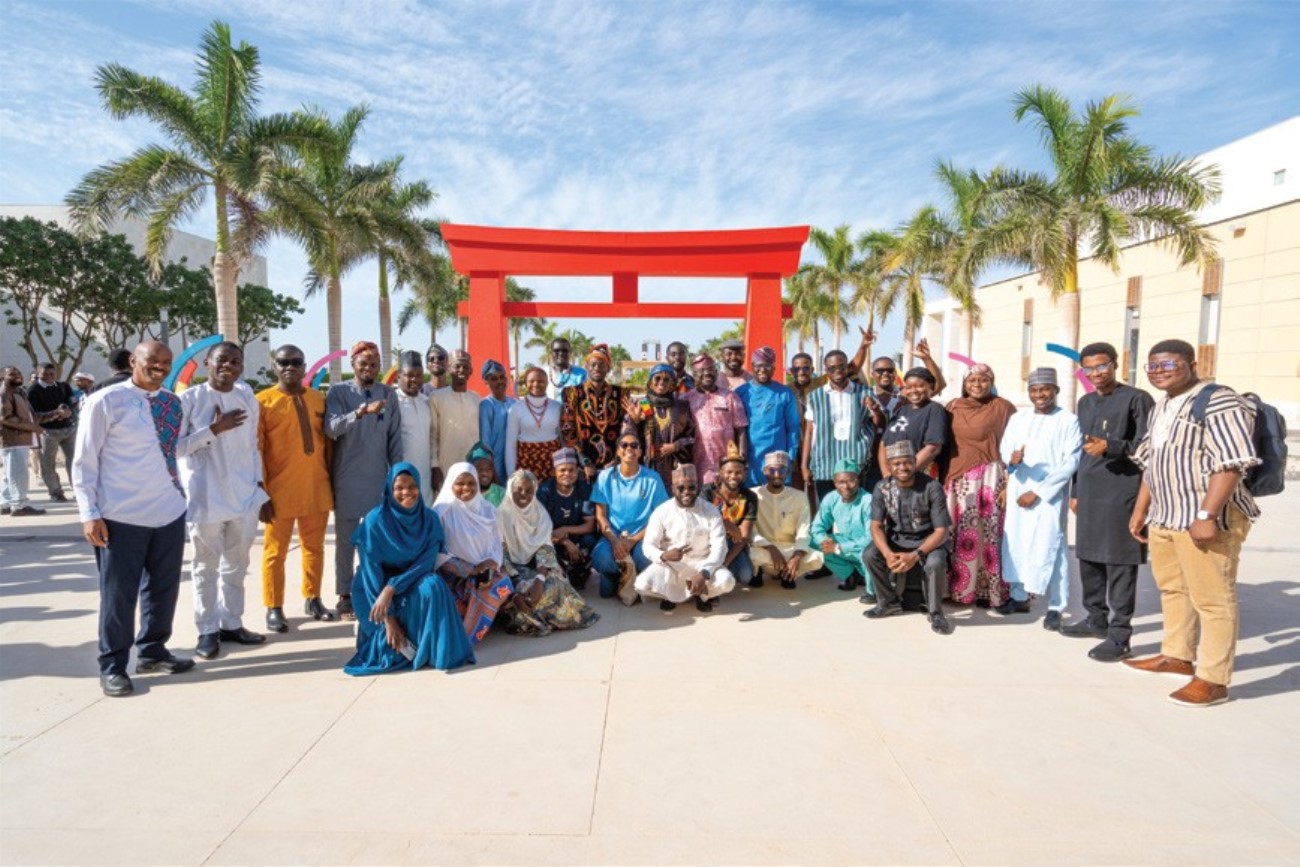The MasterCard Foundation Scholars at Makerere University held their Annual Service Day on Saturday 4th November 2017 under the theme “Social Inclusion and Collective Action.”
The Scholars reached out to two (2) communities namely in St Charles Lwanga Primary School Bukerere in Mukono Municipality and Giza Giza in Mbuya, Kampala District.
Mr. Ruhweza Sylas, the President of the MasterCard Foundation Scholars and Alumni Association at Makerere University led the team of transformative leaders to St. Charles Lwanga Primary School Bukerere in Mukono district.
Mr. Ruhweza Sylas remarked that social inclusion should be at the forefront of any humanitarian organization in the world since problems can easily be solved collectively. He added that this is possible since resources are pooled together towards a common goal and for the good of the community.

“The Service Day is one of the most emotional days where MCF scholars reach out to different communities. Great thanks to the MCF for instilling the spirit of give back in the Scholars, bravo to the vibrant leaders for teamwork and appreciation to the Scholars for cooperation and participation,” said Mr. Ruhweza.
In a bid to decongest the number of pupils who study in congested classrooms, the MCF Scholars led by Mr. Abdu Rahman constructed a temporary teaching structure. The MCF Scholars pursuing a Bachelor’s of Electrical Engineering led by Mr. Enoch Musasizi, assisted in the electrification of four classrooms to aid learning of the students at night. They were supported by Ms. Sandra Nabulege, an alumnus Scholar of the foundation scheduled to graduate in January 2018.
The MCF Scholars refurbished the sewage system that had broken down for quite a number of years. The team led by Mr. Otile Samuel installed sewage pipes to ensure proper waste disposal.
Other MCF Scholars led by Ms. Harriet Nakiryowa, a member of the Project Implementation Team, participated in general cleaning activities such as sweeping, mopping, cleaning the toilets and picking rubbish at St. Charles Lwanga Primary School.
Another team of MCF Scholars led by Ms. Marion Apio sensitized the pupils on water, proper hygiene and sanitation (WASH project), an initiative by BRAC Alumni and MCF Scholars at Makerere University.

Ms Adur Hilda together with her team, held career guidance sessions both at St. Charles Lwanga Senior Secondary School-Bukerere and at Uganda Martyrs’ College Namugongo. During the one on one interaction, the MCF Scholars shared inspirational stories encouraging the students to read and excel in academics.
According to the Project Manager, Mrs. Jolly Okumu, the MCF Scholars did a great job in the selection of the service day places. She noted that what the scholars did not only portray their sincere appreciation to the foundation but also a sign of responsible leadership and community service.
“Give Back is a sign of commitment by the scholars who resolved to engage different communities and make a difference in their way of life. The service day indicates that the Program is nurturing a spirit of charity in the scholars who are expected to go back and serve other communities. The Scholars are also teaching other people the value of appreciation, community engagement and service,” remarked Mrs. Okumu.
In an interview with the Headmistress of the School, Ms. Clementine Namakula expressed her sincere gratitude to MasterCard Foundation Scholars Program at Makerere University for the intervention and stressed the need for social inclusion and collective action in solving community challenges. She noted that the work of the MCF Scholars will contribute to the improvement of pupils’ grades.

“I am so happy and grateful to God for bringing the team who identified our school. The problems were outrageous and this was hindering leaning in the school. Thank you MCF for the good work done to such needy communities like ours. The School needs structures since the population increases yearly. If we have structures in place, the academic success of our pupils is guaranteed,” she observed.
The MCF Scholars Program is applauded for the incredible work being done to academically empower and transform the lives of the young people who have access to education all over the world. Great appreciation to the Program Implementation Team at Makerere University for the maximum support and guidance accorded to the MCF Scholars.
Written by: Ms Marion Apio, MCF Scholar volunteering at MAK Public Relations Office
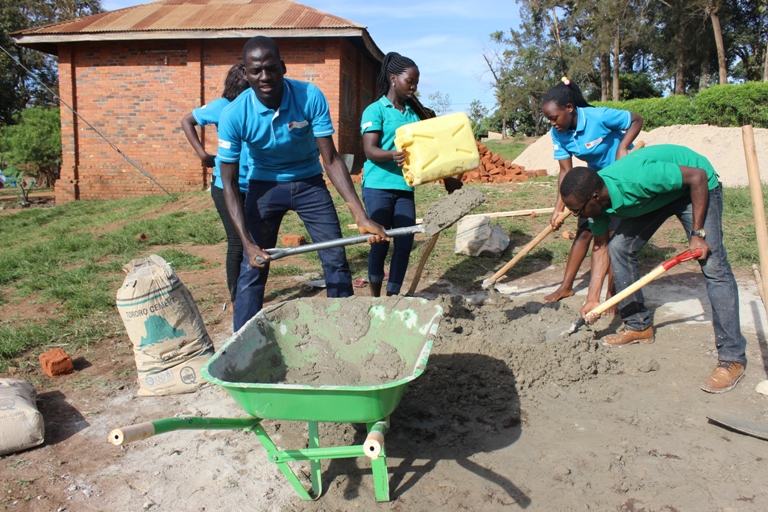

 General2 days ago
General2 days ago
 Health1 week ago
Health1 week ago
 Innovation2 days ago
Innovation2 days ago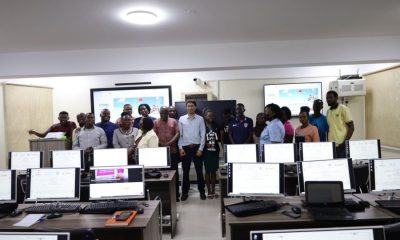
 Computing & IS3 days ago
Computing & IS3 days ago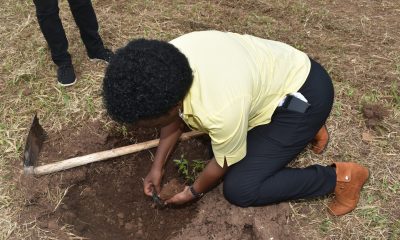
 Agriculture & Environment2 days ago
Agriculture & Environment2 days ago



